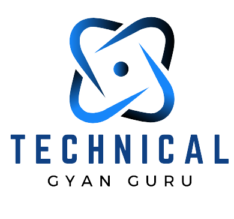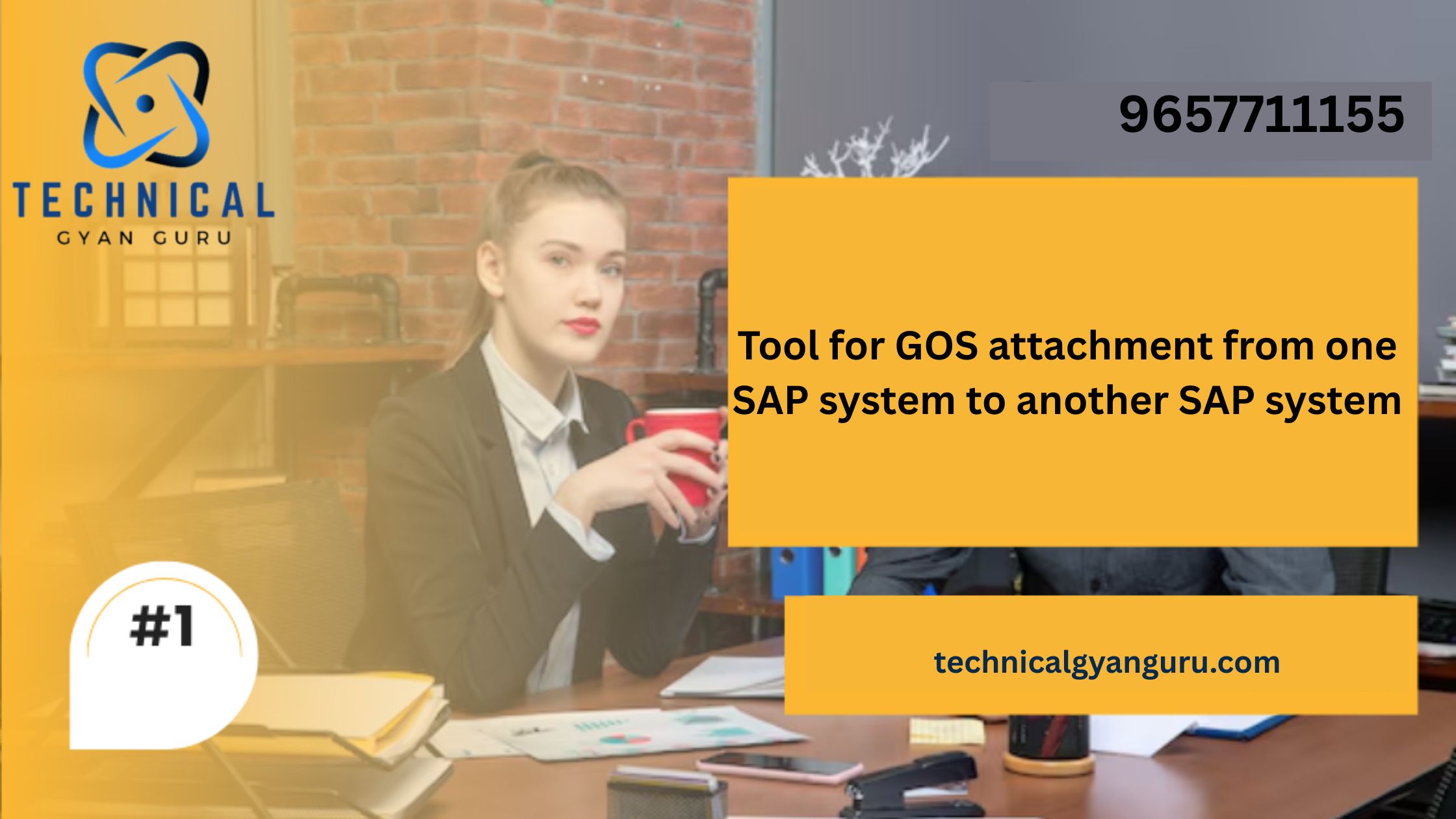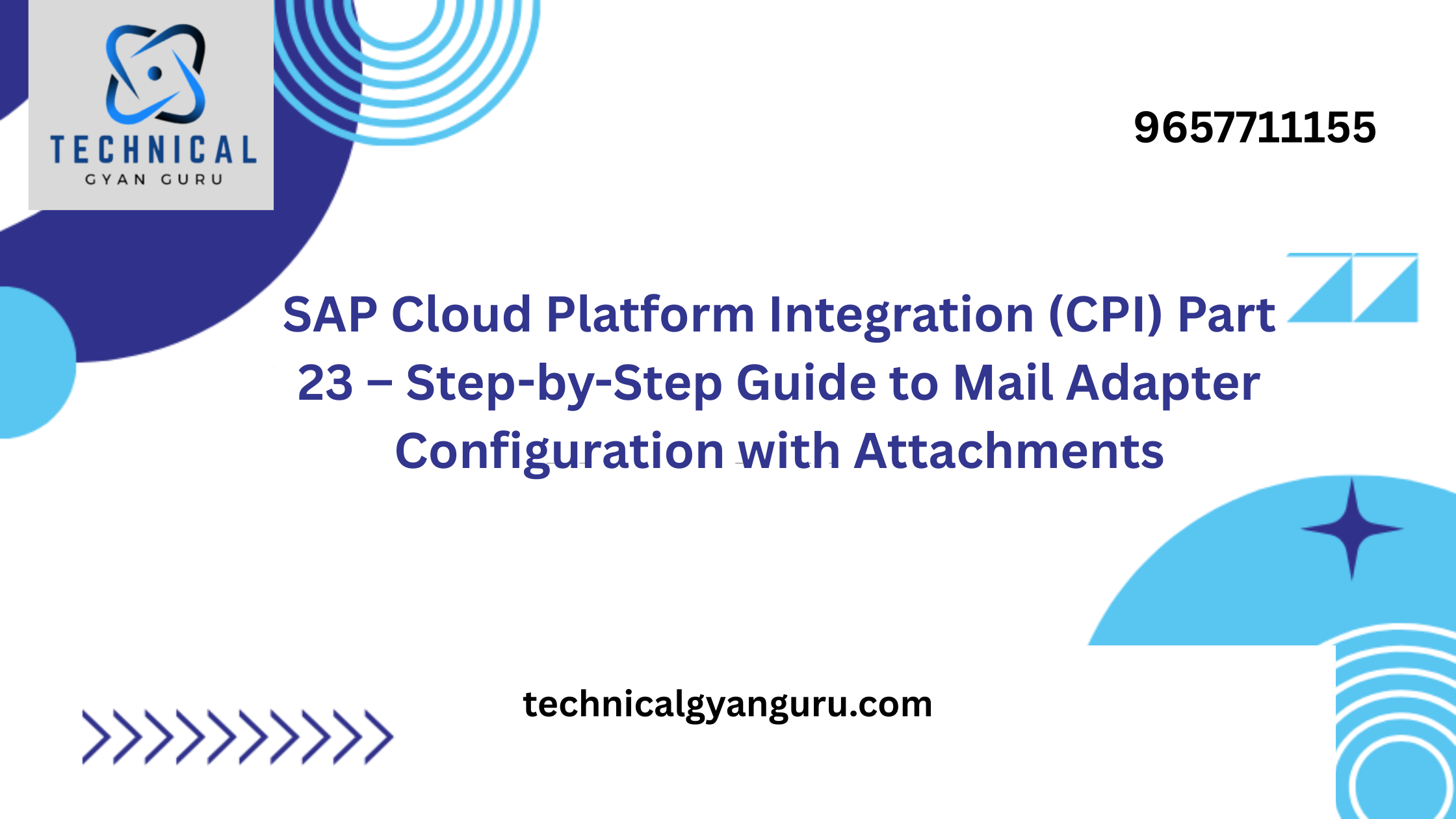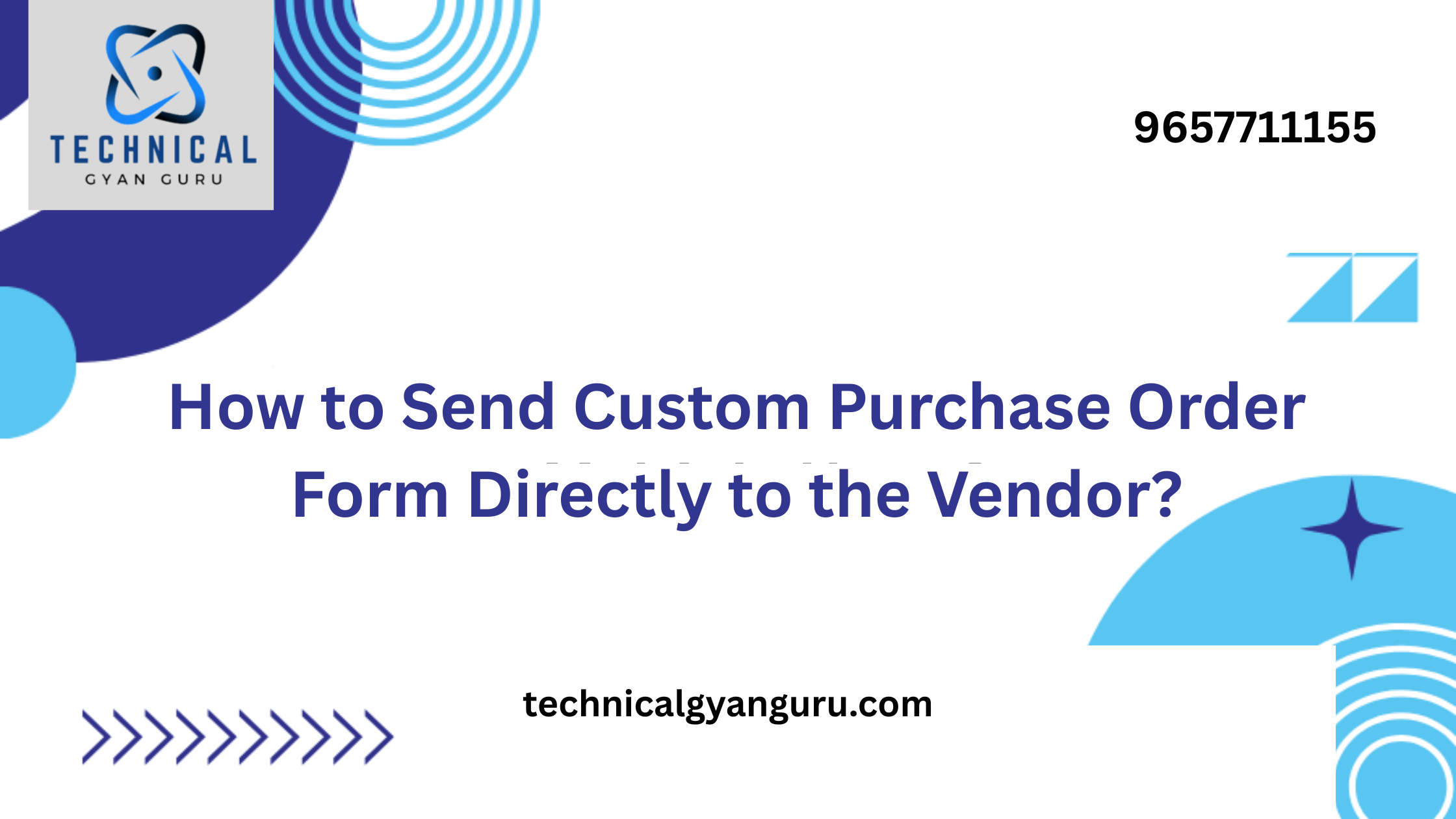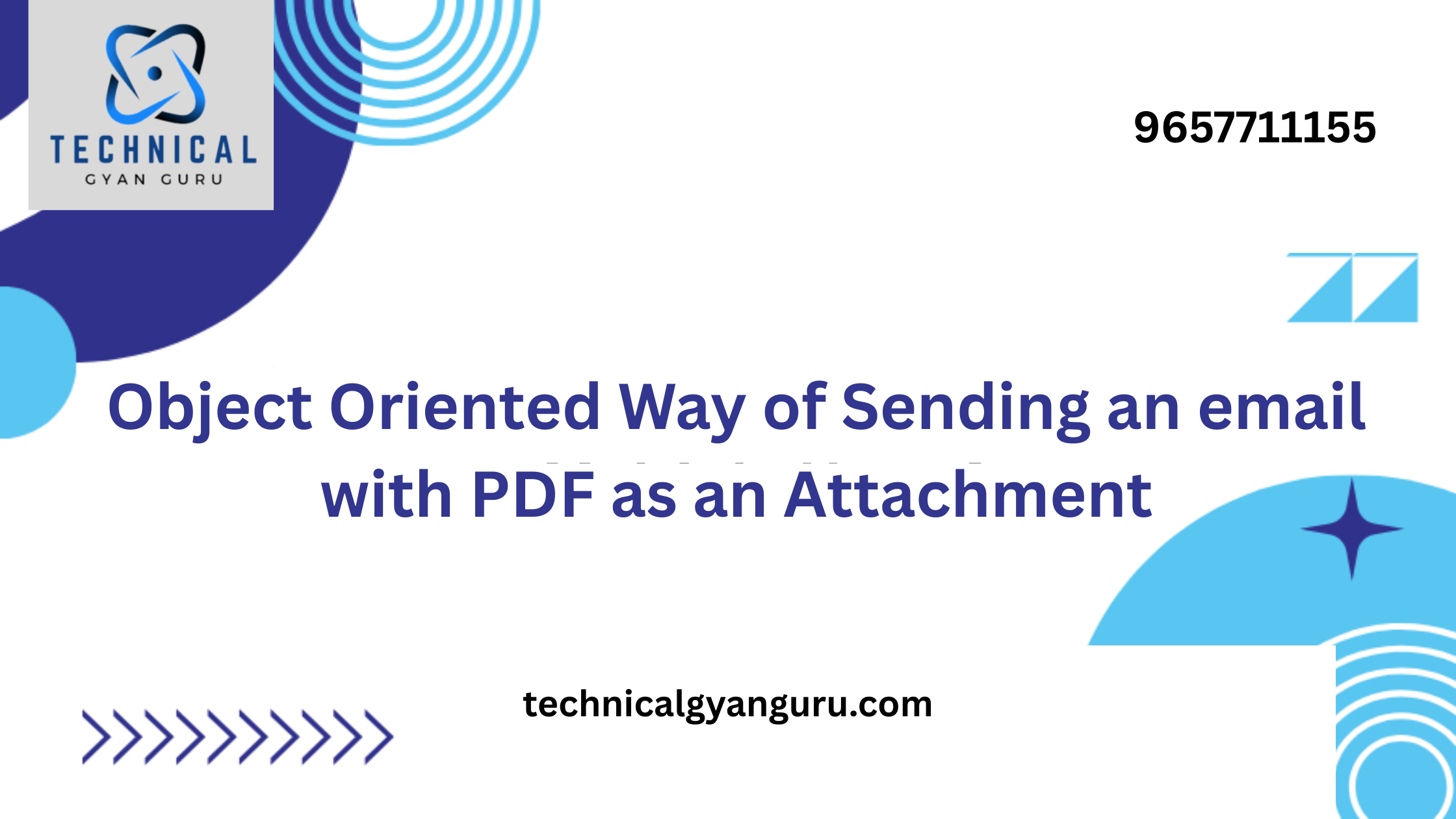Is SAP OData poised for global data domination? Unravel the mysteries, explore its potential, and discover expert insights on its future. Will it rule the world? You decide!
Tremble before the data throne! Is What is Sap Odata used for in SAP? destined for global dominion, or is it just another pretender to the crown? The whispers in the tech world are getting louder, fueled by the meteoric rise of this open-source protocol. But can SAP OData truly conquer the dataverse, leaving its competitors trembling in its wake? Buckle up, data enthusiasts, because we’re about to delve into the heart of this intriguing question, exploring the potential, the challenges, and the expert predictions that paint a fascinating picture of SAP OData’s future.
This isn’t just another dry discussion about protocols and standards. This is about the very lifeblood of our digital age: data. It’s about seamless integration, real-time insights, and the power to unlock hidden potential. So, whether you’re a seasoned data architect or simply curious about the forces shaping our technological landscape, join us on this journey to see if SAP OData will truly rule the world.
How SAP OData Connects Your Data Universe
Imagine a world where data flows freely between your SAP system, external applications, and even the cloud, without the need for complex coding or custom integrations. Enter SAP OData, the open-source protocol acting as the glue that binds your data ecosystem together. But how exactly does it achieve this seemingly magical integration?
Lifting the Veil on OData:
At its core, OData (Open Data Protocol) is a standardized way to represent and access data over HTTP. Think of it as a common language that different systems can understand, regardless of their underlying technology. This eliminates the need for custom integrations, saving time, resources, and headaches.
Seamless SAP Integration:
Now, let’s get specific. SAP OData integrates seamlessly with various SAP systems, including:
- SAP S/4HANA: Expose core business data like customer orders, product information, and financial transactions through easy-to-consume RESTful APIs.
- SAP Business One: Integrate your ERP data with other applications, enabling smoother workflows and enhanced automation.
- SAP SuccessFactors: Unlock real-time insights into employee data, empowering better HR decisions and improved workforce management.
But it doesn’t stop there. OData’s magic extends beyond the SAP universe:
Opening Doors to Other Systems:
Like a skilled diplomat, SAP OData bridges the gap between SAP and a vast array of non-SAP systems. Connect to:
- Databases: Integrate with Oracle, Microsoft SQL Server, or any database that speaks OData, unifying your data landscape.
- Cloud Applications: Connect to Salesforce, NetSuite, or other cloud-based solutions, fostering collaboration and streamlining processes.
- Internet of Things (IoT): Leverage real-time sensor data from IoT devices directly within your SAP ecosystem, enabling data-driven decision making.
- The Power of Standardization:
Remember, OData acts as a common language. So, regardless of the specific systems you’re connecting, the integration process remains largely consistent. This simplifies development, reduces maintenance costs, and ensures long-term scalability.
By breaking down integration barriers and facilitating seamless data flow, SAP OData empowers organizations to unlock the true potential of their data, paving the way for new levels of efficiency, agility, and innovation. Stay tuned as we delve deeper into the potential and challenges of this revolutionary protocol!
From Humble Beginnings to Global Buzz: Tracing the Rise of SAP OData
Remember the days of siloed data, cumbersome integrations, and limited data accessibility? Well, SAP OData has emerged as a powerful force challenging those limitations, steadily climbing the ladder of success. But how did this open-source protocol rise from its humble beginnings to spark such global interest? Let’s embark on a journey through its fascinating ascent.create deep entity in sap odata, sap odata interview questions, sap odata step by step, sap odata advantages and disadvantages.association and navigation in sap odata.
A Seed is Planted:
The story begins in 2007 when Microsoft spearheaded the development of OData, aiming to simplify data access across disparate systems. Recognizing its potential, SAP joined the OASIS (Organization for the Advancement of Structured Information Standards) consortium in 2008, actively contributing to the protocol’s evolution.
Early Adopters Pave the Way:
While initially gaining traction within SAP’s own ecosystem, OData’s adoption soon spread beyond company boundaries. Pioneering organizations like Coca-Cola embraced its flexibility and openness, leveraging it to integrate their SAP systems with external applications for improved logistics and marketing campaigns. This early success served as a springboard for wider adoption.
Riding the Cloud Wave:
The rise of cloud computing played a pivotal role in propelling OData’s popularity. As organizations migrated their data to the cloud, the need for seamless integration across cloud-based applications and on-premise systems became paramount. OData, with its cloud-agnostic nature, perfectly addressed this need, becoming a preferred choice for cloud integrations.
Beyond Integration: Unlocking New Possibilities:
The impact of OData extends far beyond simple integrations. It has empowered developers to build innovative applications that leverage real-time data from SAP systems. Imagine sales reps accessing customer data directly on their mobile devices or IoT sensors seamlessly feeding crucial operational data into your SAP ecosystem. These possibilities fuel the excitement surrounding OData’s potential.
A Community-Driven Future:
One of the key drivers of OData’s success lies in its strong community. Open-source by nature, it benefits from the contributions of developers around the world, ensuring continuous improvement and adaptation to evolving technological landscapes.
As we move forward, the story of SAP OData’s rise is far from over. With its impressive track record and promising future, it’s no wonder that questions about its potential global dominance arise. Stay tuned as we explore the challenges and expert predictions on its path to conquer the dataverse!
Can SAP OData Rule the World?
Can SAP OData Rule the Dataverse? Unveiling the Strengths, Challenges, and Expert Insights
SAP OData’s meteoric rise has sparked a burning question: can it truly claim the data throne and reign supreme over the global data landscape? To answer this, we must delve into its strengths, potential roadblocks, and the predictions woven by industry experts.
Strength in Openness and Flexibility:
One of OData’s biggest assets is its open-source nature. Free from vendor lock-in, it fosters rapid development and community-driven innovation. This openness allows diverse systems and platforms to communicate seamlessly, breaking down data silos and fostering collaboration.
Furthermore, OData boasts remarkable flexibility. It adapts to various data structures and integrates effortlessly with different authentication protocols. This makes it a versatile tool for building custom integrations and catering to specific business needs, unlike rigid, proprietary solutions.
Security Concerns and the Competition:
However, the journey to global dominance isn’t without its hurdles. Security remains a top concern, especially for organizations entrusted with sensitive data. While OData offers robust security features, ensuring proper implementation and ongoing vigilance is crucial.
Competition also looms large. Established players like RESTful APIs and proprietary vendor solutions pose challenges. Choosing the right solution depends on specific needs and resources, making OData’s path to complete dominion less straightforward.
Expert Opinions Paint a Varied Landscape:
Industry experts offer diverse perspectives on OData’s future. Some hail its potential for ubiquitous adoption, citing its open standards and growing community. Others express cautious optimism, acknowledging its strengths but highlighting the need to address security concerns and overcome competition.
A Collaborative Future Beckons:
Ultimately, whether OData truly rules the world will depend on its ability to navigate these challenges and leverage its strengths. Collaboration within the community, ongoing innovation, and addressing security concerns are key factors. As organizations increasingly prioritize seamless data integration and open standards, OData’s future remains bright, holding the potential to reshape the data landscape in exciting ways.
Conclusion
The Verdict: Will SAP OData Rule the Dataverse? You Decide!
We’ve embarked on a thrilling exploration of SAP OData, unraveling its potential to conquer the dataverse. From its seamless integration magic to its impressive rise and the expert predictions painting a multifaceted future, one thing is clear: SAP OData is a force to be reckoned with.
Ultimately, the answer to the question of global dominance lies not in prophecies but in your hands. Have we piqued your curiosity? Dive deeper into the world of SAP OData! Explore its potential to unlock seamless data integrations, empower real-time insights, and fuel innovation within your organization. As you navigate the ever-evolving data landscape, remember this: embracing open standards, fostering collaboration, and prioritizing data security are key to success. Whether SAP OData ultimately rules the dataverse or not, its impact on the way we access, integrate, and utilize data is undeniable. So, stay informed, stay curious, and shape the future of your data ecosystem with the power of SAP OData!
Visit Our more blog here:-
Difference between Salesforce and SAP: Navigating CRM and ERP Landscapes
